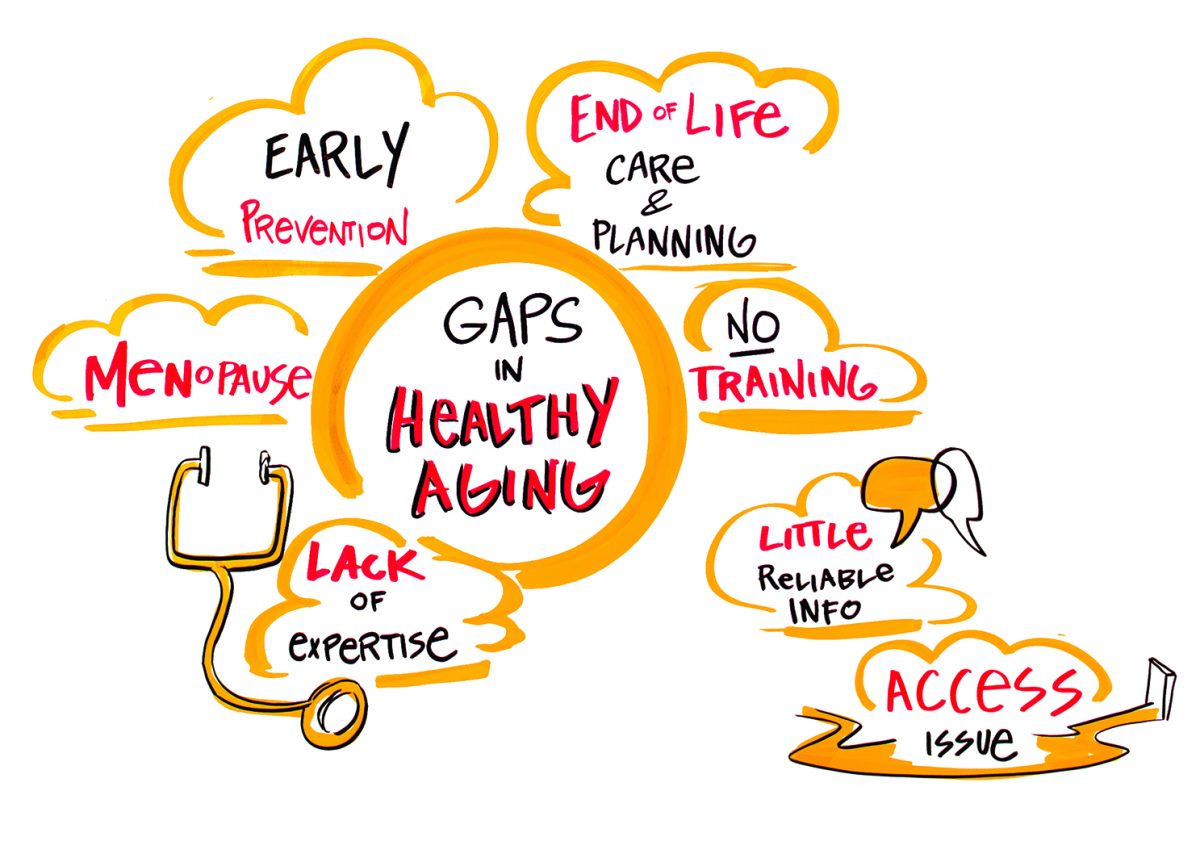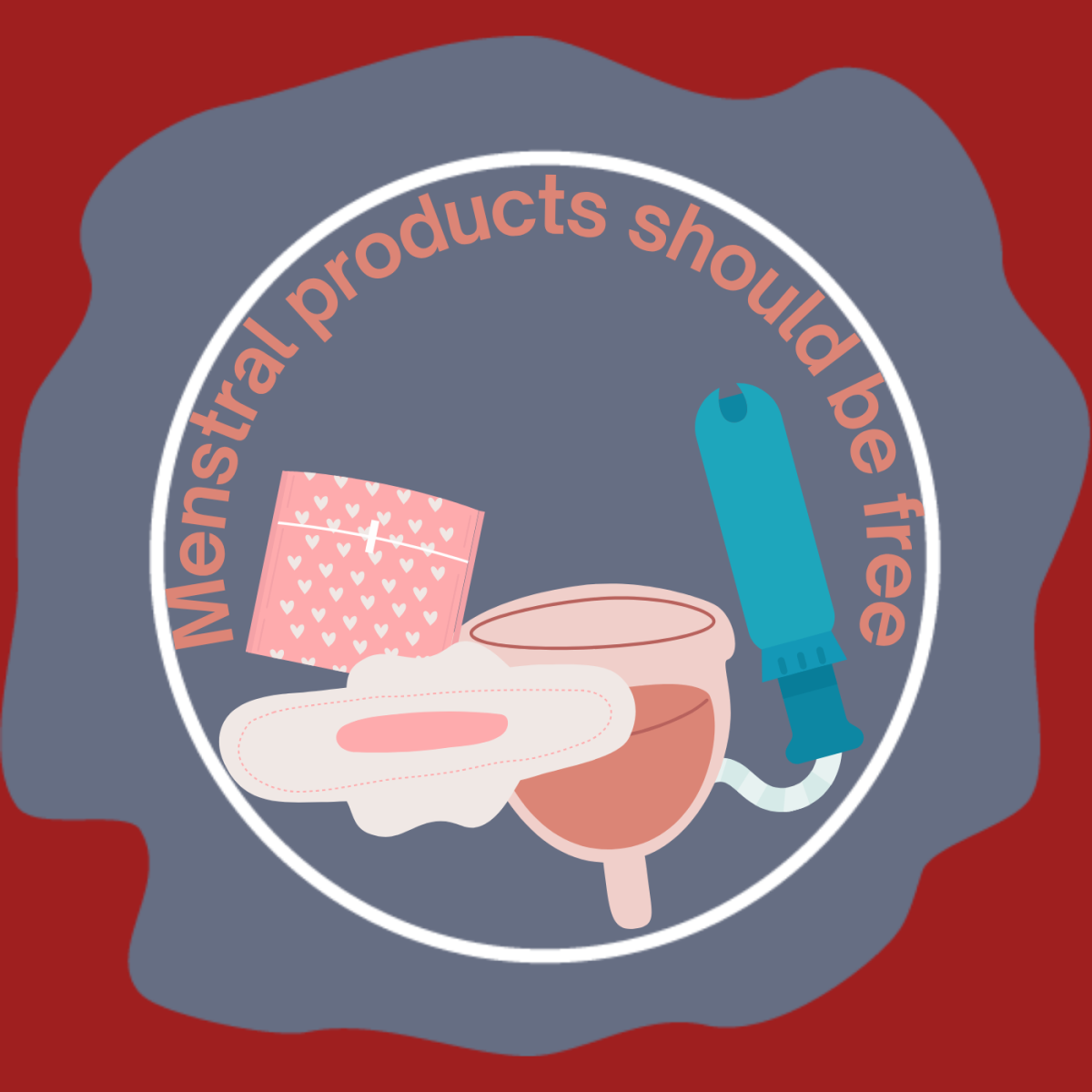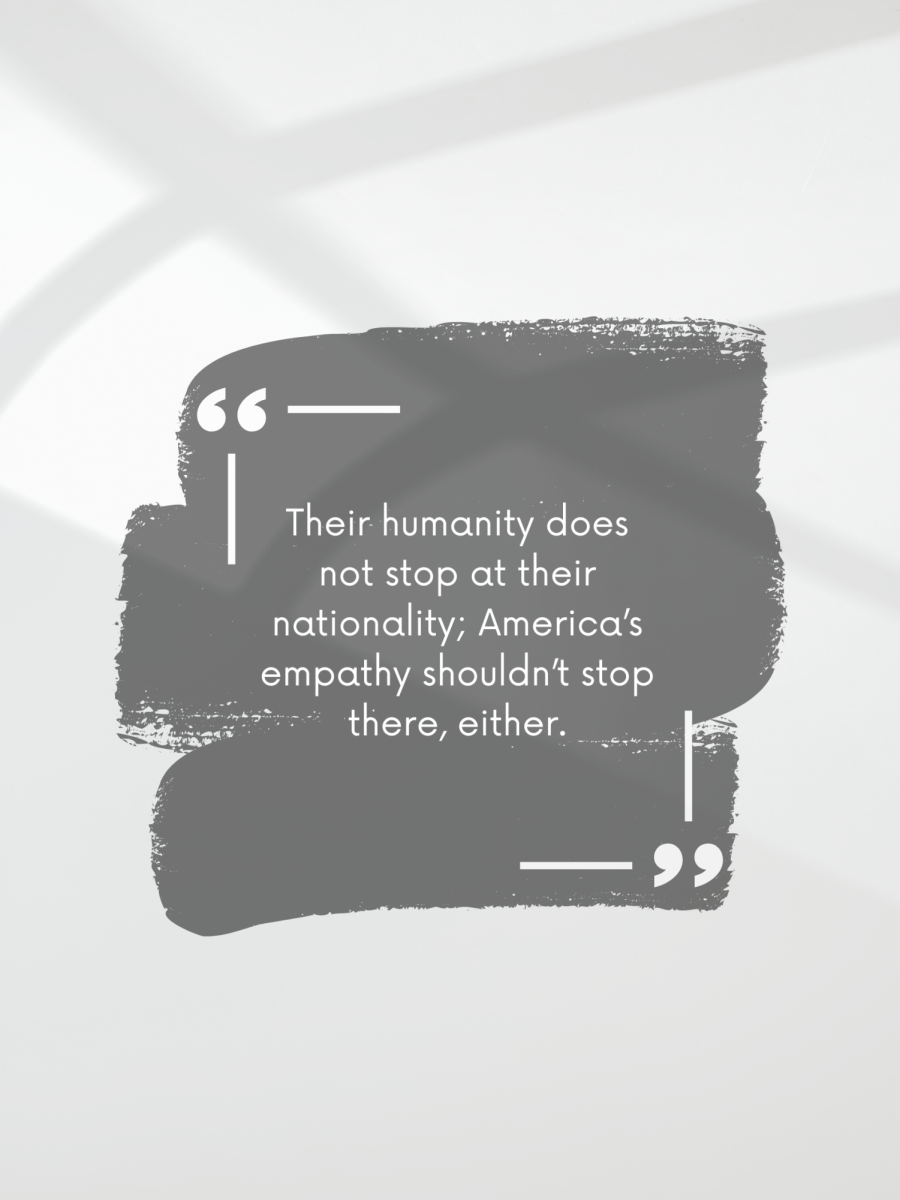Women have been repeatedly mistreated and neglected by the healthcare system, whether that be diagnoses or violations of privacy. All people should feel safe to go to a medical professional without fear of mistreatment.
A prime example of how women’s comfort is disregarded is that when they are giving birth, they are told that lying back is the best position. But this is actually more painful and less efficient. Instead, women should stand, kneel or squat to take advantage of gravity and help the baby move down into the pelvis, according to the National Center for Biotechnology Information. Ncbi.gov states, “Squatting increases the pelvis size, providing more room for the baby to maneuver and descend.”
As of Jan 26, 2023, the state of Florida has required all female student-athletes to provide descriptive information to compete. Gov. Ron DeSantis does not want any women who were not assigned female at birth competing in the girls’ categories and wants to ensure cisgender athletes are not receiving abortions. Associated Press News explains the lawmaker’s reasoning: “The national guidelines say menstrual history is an ‘essential discussion for female athletes’ because period abnormalities could be a sign of ‘low energy availability, pregnancy or other gynecologic or medical conditions.’” However, athletic advisers do not need that information because it does not meaningfully affect athletic performance. This is merely a control tactic. Florida has since dropped these questions from their athletic forms.
But government officials are not just targeting athletes; they are targeting women as a whole, including those who use period tracker apps. Virginia lawmakers were worried they were following
in Florida’s footsteps by disregarding any search and seizure laws and allowing government access to those tracker apps. Even though the Fourth Amendment of the U.S. Constitution states that a warrant is needed to search private property, many officials believe these apps should be free for investigation, even if no warrant has been acquired. However, medical professionals, such as family physicians, are the only people who should reasonably have access to this information in most circumstances.
Various forms of birth control are under attack as well, including tubal ligations. It can be difficult for women to receive this procedure, especially if they are young or without children. Though tubal ligation is irreversible, it should ultimately be up to the owner of the uterus to decide what they want to do. These patients may have serious health concerns, such as past health issues in the family, or they may have been informed it is unsafe for them to carry a child. But many private hospitals, including the local St. Joseph Regional Medical Center, are at liberty to deny a woman tubal ligation due on a religious basis, as the Catholic Church forbids any form of sterilization according to the National Center of Biotechnology Information, even if it may threaten a woman’s safety. Religion and personal opinion should have no bearing on people’s healthcare.
Women often face challenges in receiving timely diagnoses for disorders and illnesses when compared to men. One key example is heart disease, where symptoms can manifest differently in women, leading to under-diagnosis or misdiagnosis. According to Johns Hopkins Medicine, women experiencing a heart attack may not exhibit the “classic” symptoms like chest pain; instead, they might have symptoms such as shortness of breath, nausea or back or jaw pain, which are less commonly associated with heart issues. This difference in symptom presentation can lead to delays in diagnosis and treatment.
Also, women are more likely to be diagnosed with depression, anxiety and eating disorders, according to Mentalhealth.org.uk. This discrepancy could be due to various factors, including societal expectations and stigmas surrounding mental health, which might lead to women underreporting symptoms. These disparities highlight the need for healthcare providers to consider gender-specific medicine to improve diagnosis and treatment for all individuals.
Profound changes need to be made in the education process of medical and government staff. It can be difficult to care about problems that don’t affect people personally, but the people affected by these unfair and biased laws and procedures need to be considered.
Categories:
Women are often mistreated by healthcare system
0
More to Discover







